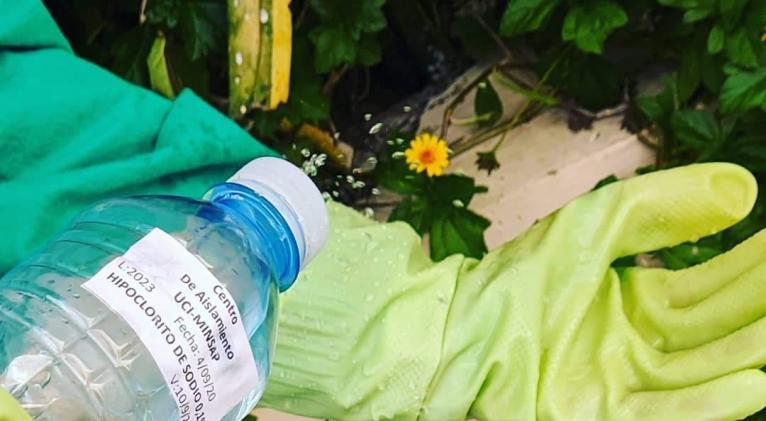From grandma to grandson: “each generation has its own Bay of Pigs”
especiales

Havana gave green light to the first stage of the post COVID-19 recovery phase last July 3rd. Generally speaking, some positive developments were achieved by that time. The rest of the nation — except for Matanzas — and including the special municipality of the Isle of Youth, moved already towards phase two.
Progressively, and due to the low or non-existent number of positive patients, suspected cases, or contacts of confirmed cases, several facilities of the country, which had been used to combat COVID-19 after a comprehensive sanitation work, resumed operation. However, others could not return to normalcy, especially in Havana.
Although not different at all to the rest of the world, where there have been fresh outbreaks, many in Cuba did not see our present coming, as it looks exactly like our recent past. The virus has gained strength now in West and Central Cuba especially caused by the complex situation in Havana.
Rogelio Carmenate — 28 y/o, Holguín, graduated from the School of Visual Communication at the Higher Institute of Industrial Design (ISDi) — granted an exclusive interview to CubaSí and said that while working as a volunteer in the combat against COVID-19 at the University of Informatics Sciences (UCI), he has even assisted 50 patients at a time.
With more than six months working hard nationwide to control the number of positive cases, death rate — and therefore the life quality of Cubans —, Carmenate confessed there are still people who do not fully understand their stay in those isolation facilities; the need to share your apartment with others, among other things.
Nonetheless, he did work with others who have, fortunately, understood the situation and have chosen to cooperate by being receptive and grateful. Anyway, he believes much remains to be done in the field of communication and design to reduce unfathomable situations done by the Cuban population, which undermine a rapid solution to this very complex stage in Havana.
The UCI experience of those who will never study computer sciences
Rogelio has spent more than a week sharing apartment with Waldo, student at the University College of San Gerónimo; Melissa, student at the University of Havana and Claudia, student at the Higher Institute of International Relations (ISRI). Each of them are assisting confirmed and suspect cases of COVID-19 at UCI’s bloc 25, apartment building 107.
Carmenate said that watching his first COVID-19 patient being transferred in ambulance is something he will never forget. “As if the universe were conspiring. It was a cloudy afternoon. It was raining, actually. My face shield was foggy by my breath. In fact, it is something I will remember for a while.”
This young designer suggests every measure we take to avoid contagion and improve our hygiene is very important. Although it is true that the workload sometimes compromises so. “Few nights ago, I moved a patient to his apartment. It was near 4 am. I barely slept. Two hours later, I was giving them breakfast,” he said.
“It is pretty normal to learn how to live with this natural fear of being infected at any time. Consequently, we make jokes to reduce stress and say we are asymptomatic until the PCR test proves us wrong! But we care for each other at the time,” he highlighted.
The will of every young Cuban man and woman is to lead this mission
Despite all danger and sacrifice, Rogelio does not regret being enrolled in this health crisis. “I can look up to my uncle who is a doctor and has carried out several international missions. My father fought in Angola and my grandmother was a literacy tutor. She was the first to tell me that each generation has its own Bay of Pigs. And this is mine.”
“As long as noble projects like this exists, the will of young Cuban men and women to lead this mission will prevail,” and he added that “the positive outcome we have today are the result of Fidel Castro’s brilliance and his futuristic vision in medicine; fir instance, the vaccine candidate Soberana 01, which gives us a strategic independence for the development of our society.”
Before enrolling as a volunteer in this isolation center, Rogelio worked along the Cuban Association of Social Communicators and developed campaigns against COVID-19 and promoted social isolation through posters, television spots, identity designs and other audiovisual aids for use on social networks.
It will take two weeks for this young man to conclude his work at UCI. Before wrapping up this interview, he said that just as other university students’ stories and anecdotes inspired him, he hopes others may find inspiration in his work and thus enrolled in this mission and work together as a nation against SARS-CoV-2.
Translated by Sergio A. Paneque Díaz / CubaSí Translation Staff














Add new comment